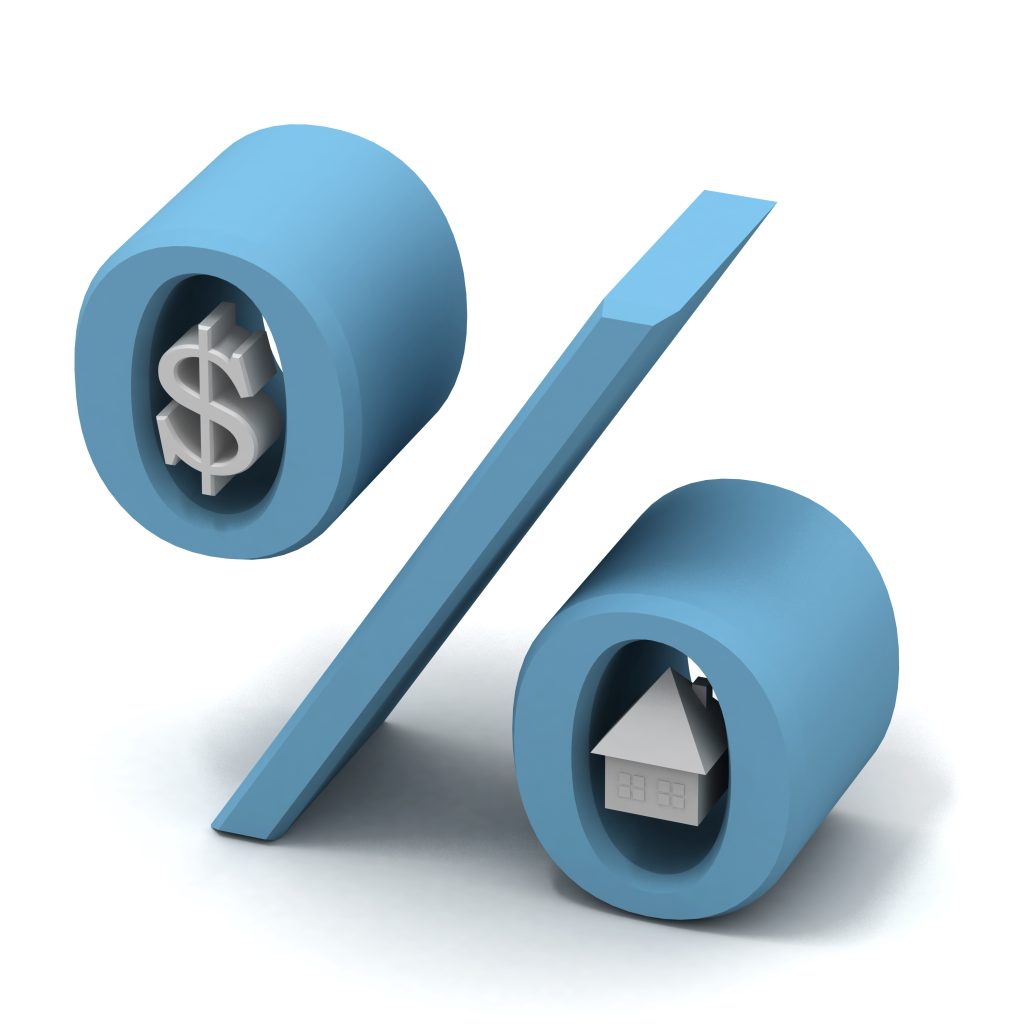Understanding DTI
Mortgage companies often require specific documents to analyze the borrower’s financial situation prior to approval. One of the most important aspects of getting approved for a mortgage is your credit score, which shows how well the borrower can meet their financial obligations. In addition to considering your credit score, lenders look at the borrower’s DTI ratio to determine whether they can monetarily handle a new loan.

DTI stands for Debt-to-Income and is calculated by adding all monthly debt payments together and dividing that by the borrower’s monthly income before taxes. DTI does not account for expenses not listed on credit reports, such as groceries, entertainment, and small purchases.
Lower DTI signifies a healthy balance between debt and income. The lower the DTI, the more likely the borrower can qualify for the loan they want. A DTI of 28 to 36 percent or lower is ideal; however, lenders accept higher DTI ratios depending on the type of loan, credit score, savings, and down payment.
There are two ways to lower your DTI ratio: decrease your debts or increase your income. To drive your debt down, pay off existing debt and do not accrue new debts. Increasing your monthly income can be tricky; try working freelance in your free time or find a better-paying job.
Are you thinking about purchasing a home and have a low DTI? Contact the mortgage experts at EB Mortgage today to get pre-approved for the house of your dreams!
EB Mortgage is a locally-owned mortgage company with experts in new home purchase, refinancing, and commercial loans. Our wholesale rates can’t be beaten. We offer more products, more options, and more solutions. Our “3C” Process is simple: complete our pre-approval request, consider options based on your requirements, and choose the offer that suits your needs best. Call us at 866-246-0516 or e-mail [email protected] today.
Written by the digital marketing staff at Creative Programs & Systems: www.cpsmi.com.
